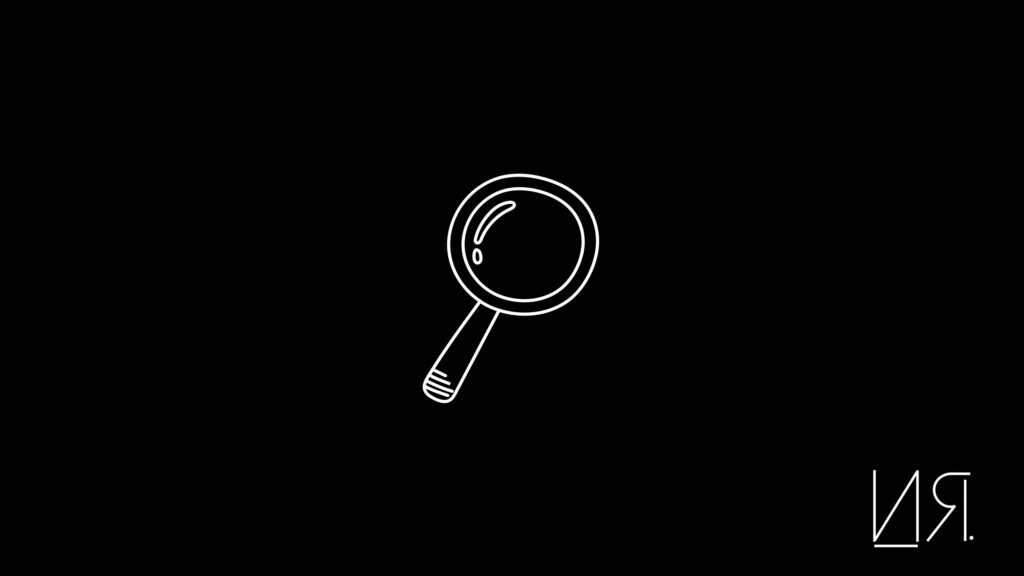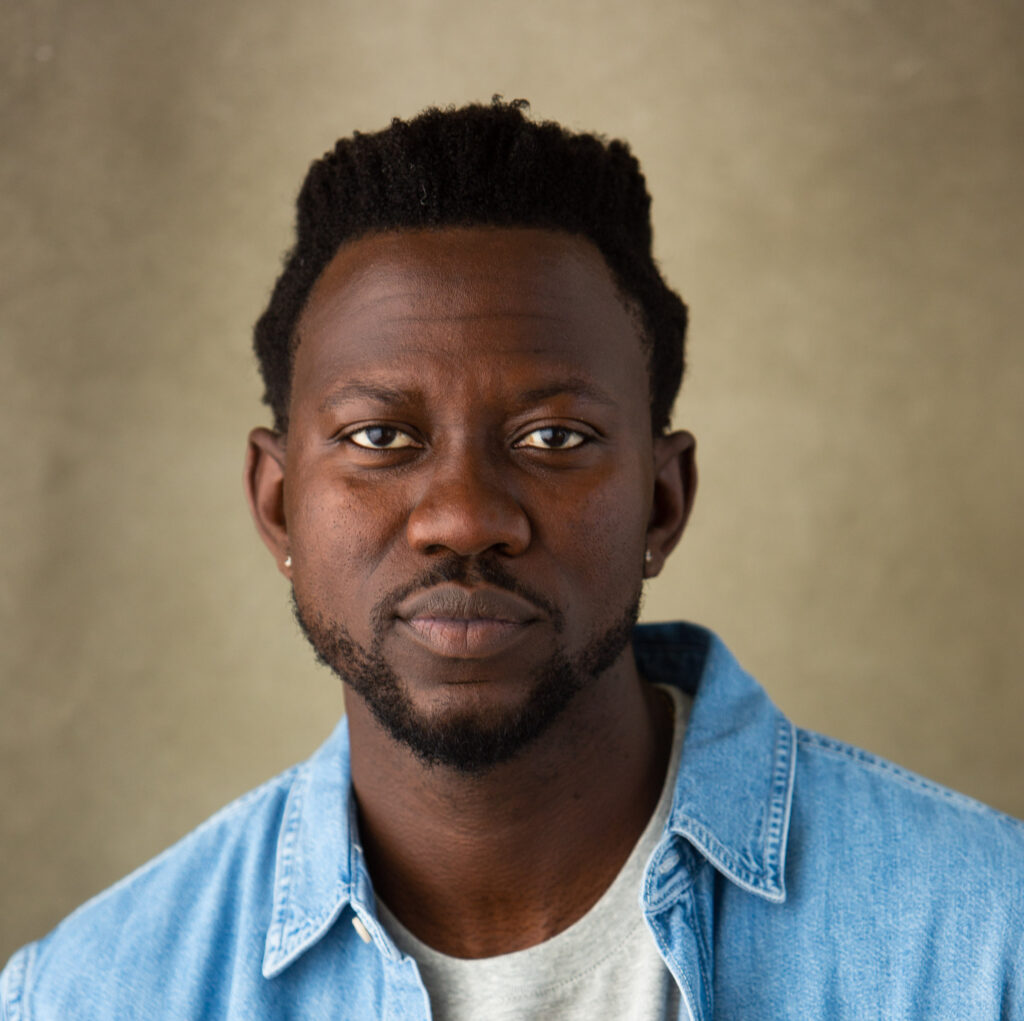What’s the meaning of life?
I find myself asking that question every other week.
Is that a high frequency? Do you ask similar questions?
This is a question I’ve asked ever since I was 15: “Why are we here?”
It came to a head in January 2002 when I found myself face down in the backyard of a friend’s house as bullets and shrapnel ricocheted around. We were all crowded on the floor saying prayers.
I accepted my fate that night. I thought I was about to die.
No more rap videos? No more And1 mixtapes? No more fried plantains? Oh! the horror.
That dark night was filled with exploded skyscapes and ground-rumblings.
When we finally got to safety, we learned that the military armory, a street away from our house, had caught fire, setting off the arsenal of explosives stored there.
Thousands of people lost their lives that night.
20+ years removed from that moment, I have lived a lot of life but still wonder – “This Life. What does it all mean?”
No one is handing out meaning.
A lot of us struggle to find meaning in what we do.
Without purpose, life ends up being a fog of activities that just saps our energy, slowly walking us towards the inevitable.
One day, you have a strong sense of what you do and why.
The next day, you can’t motivate yourself out of bed. Stuck under the covers singing the chorus from that Jay-Z song off the “Streets IS Watching” movie soundtrack:
“What’s the meaning?
What’s the meaning of life?
In my lifetime…”
OK. That might just be me….but really though – what IS the meaning of life?
What does ‘meaning’ even mean? It’s like how do you define ‘definition’. The cyclicality of the whole thing can be maddening.
Some people shrug off the questioning. Finding meaning and purpose is seen as a luxury.
They’ll say: “It’s only rich people that can sit and discuss meaning and purpose.”
My Nigerian peeps will say: “Here you go again with your American problems. Searching for meaning! Can I eat ‘meaning’? Ehn? Will ‘meaning’ put a roof over my head?”
The general consensus is that we have to take care of our material needs (safety, food, shelter) before dealing with subjective things like meaning.
But how is it that people can amass a lot of material things and still find life pointless?
I mean, one of my main guys from back in the days, Solomon said: “It’s all vanity. Chasing after the wind.”
It points to the fact that subjective experience of the material things is more important than the material thing itself.
You can accumulate all the riches and still be miserable.
In that case, isn’t it important to focus on clarifying meaning in your life to enjoy it?
Unfortunately most people are waiting for meaning to be handed down to them, when what we really need is to create and cultivate meaning in our lives.
6 ways to create your own meaning
The meaning of life is to create meaning.
Enjoyable experiences happen in a discrete set of activities. Eventually, you are bound to get out of these experiences.
Bringing meaning to life is to be in a continuous state of flow.
With meaning and purpose, you will be able to have a series of enjoyable experiences throughout the day, week, and life.
For lack of a better word, life will be more meaningful.
Here are a few tips to help you contextualize and cultivate meaning in your life.
1. Find harmony
Meaning is all about harmony.
It is how you direct your intention towards self-directed goals to create harmony.
Using three definitions of meaning, let’s triangulate a definition of meaning.
Meaning is…
Definition 1: refers to outcome, pointing towards a goal or consequence of action such as “what is the meaning of life”
Definition 2: refers to intention such as “she usually means well”
Definition 3: refers to ordering information such as “Ophthalmology means the study of the eye”
From goals, to intention, to ordering information (harmony), this is a path to understand meaning in your life.
When you have strong self-directed goals that allow you to put your undivided attention (intention) towards them so that you can order information and create harmony in your life, you’ll live a meaningful life.
“Creating meaning involves bringing order to the contents of the mind by integrating ones action into a unified flow experiences”
~ FLOW
Get more clarity on your goals through discovery and life themes and direct your attention to those goals to bring harmony and meaning to your life.
2. Discover thyself
Meaning is self-discovery
Two years ago as I moved apartments, I found a box tucked in the corner. I opened it up. It was filled with stacks of little black books – my journals.
The scribbles and inscription of my restless mind jumped at me. I had journals that dated 9 years back. I hardly read any of them. They were just there – artifacts of my reflection.
Our cerebral cortex in our brain allows us to develop conscious thoughts. We are not only limited to the biological needs of the present.
A lion, for instance, can have one goal (reduce hunger), one intention (find food), and one harmonious experience of hunting down food to quell its hunger.
Unlike this lion, humans don’t have a similar 1-to-1 relationship of action and intention.
Our minds travel with thoughts to the past and future, creating multiple goals and intentions – all at the same time.
This leads to confusion and inaction in the present.
And with increasing amounts of information and options at our fingertips, this task is increasingly challenging.
More than ever, it is more important to “know thyself”.
The way to do this is through action and reflection. Take action by following your curiosity, then reflect on your action. Rinse and repeat.
Journaling is a great reflection tool to use to learn more about who you are.
Self leadership comes from understanding yourself. Action is important to stay motivated, but bake in reflection to find meaning.
3. Develop cultural awareness
Meaning is your culture and environment.
I grew up Yoruba and Christian. Respect, community, and reverence was and still is a big part of my immediate environment. I did a lot of “head-bowing” growing up to say the least.
Then I moved to America. The individualistic “pull yourself up by your bootstraps” culture permeated.
I remember one of my older professors in Texas telling me “Hey Nifemi, down here in Texas, this is how real mean shake” as he squeezed my hand and looked me straight in my eyes.
I was like “damn, alright, I just didn’t want to stare you down, pops. It’s disrespectful where I’m from.”
We are a product of our environment and culture.
We cultivate meaning from the culture we’re in. There are several types of culture but the three main types are sensate, ideational, and idealistic.
Sensate cultures are built around a design to satisfy the senses – very materialistic (productive-capitalistic America, I’m looking at you!)
Ideational is the opposite. They tend to look down on the material and focus on supernatural ones. A balance between the two is idealistic.
You are not isolated from your environment. It factors into where you also place your meaning.
Your environment creates accepted life themes that are passed on to you. These are usually extrinsic motivators.
Be aware of the environment you are in. Even when you have your personal goals of creating harmony, your environment and culture are major factors in your quest for meaning.
4. Transform adversity
Meaning is overcoming adversity.
“Sir. What are you doing in Poland?” That’s what a passport control officer asked me while I was sight-seeing in Krakow, Poland during a business trip in 2010.
What started as friendly questioning ended up with me being detained for 6 hours because I didn’t have my passport with me.
Unfortunately the only other three people that got detained in this town square filled with tourists “just happened” to be black too.
The experience left me in a haze for months.
Held against my will, my human dignity had been degraded based on my appearance.
I realized that regardless of my accomplishments, the perception people have of me and people that looked like me is deep and hard to change – cemented over centuries of divisive philosophy.
Since then I started discovering my own themes – I wanted to change the perception of African identity.
Unknowingly, I started doing this with my business, music, and writings.
People have discovered life themes that are intrinsic drivers. It’s what pulls all other subgoals.
Some of these discovered life themes come through reflection, others are found through adversity.
People that use adversity to find meaning see it as a possible challenge and dedicate their actions to rectifying the injustice for themselves and sometimes a greater community.
“To find purpose in suffering one must interpret it as a possible challenge.”
~ FLOW
What are your discovered life themes?
Investigate 2 – 3 crucial points of adversity in your life and think about how it shaped your worldview.
Those might just be your intrinsic motivation that feeds your everyday sub-goals.
5. Learn from the past
Meaning is learning from the past.
I have learned more about history by listening to music than any history book can provide.
Most people use the past to bring order to the current.
The stories from people’s perspectives can bring context to our experiences.
Works of fiction are a great source of inspiration for people because it gives a template that someone has experienced before.
Findings show that people that struggle with discipline and lack meaning do not remember stories being read to them by an adult or a role model while they were younger.
“at it’s best, literature contains ordered information about behavior, models of purpose, and examples of lives successfully patterned around meaningful goals”
~ FLOW
We refer to the past as a good predictor of the future. What are some of the inspiring stories that have helped you navigate life?
You can actively learn from people’s perspective to create your own meaning.
6. Differentiate & Integrate
Meaning is being different and fitting in – at the same time.
According to Mihaly Csikszentmihalyi, the author of Flow, there are four stages of personal development.
First, we want to protect our biological being with food, security, and shelter.
Second, we want to integrate with a group and most times conform – usually our immediate circle of family and friends.
At the third stage, we feel this urge to develop and differentiate. That’s when we start looking beyond what’s in our group, questioning our beliefs, trying out different fields and ideas.
At the fourth stage, we take what we have learned and integrate it with “the whole” – a cause, a community, an organization, a calling.
Life is about transformation.
As you strive for growth and differentiate yourself, don’t forget that the end goal is to use those developed skills to integrate with something bigger than yourself.
The end goal of your individual strength is to integrate with the common.
Finding meaning is a life-long journey of growth and contribution.
Appreciate the phase you are in and find meaning in how it leads to personal growth or contribution to your community.
Final thoughts
You find meaning by creating and cultivating it.
Do this by discovering your life themes that drive your sub-goals. Developing a steady practice of action and reflection.
Don’t forget to keep in mind the culture you’re immersed in. Question accepted themes and learn from a broad range of perspectives.
Finding meaning is all about differentiating and integrating.
As you spend time developing yourself into the special individual you are, make the effort to integrate with the whole – ultimately integrating with the flow of the universe.
Meaning is not given but discovered.
It might not come to you as a flash in the night but it’s there, waiting to be nurtured.
Go and cultivate it.



